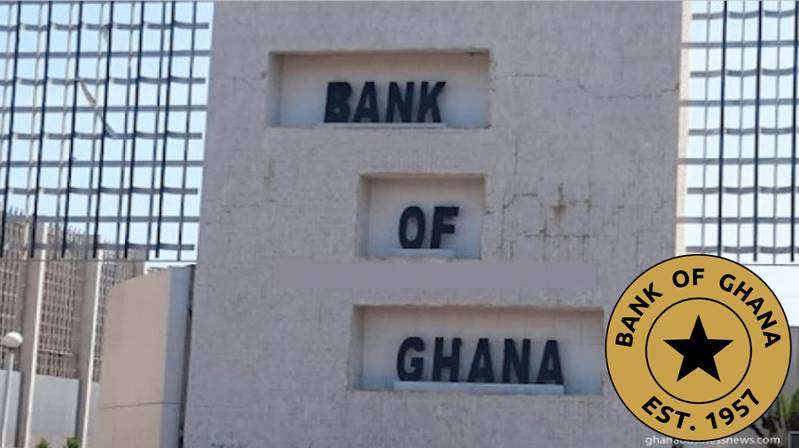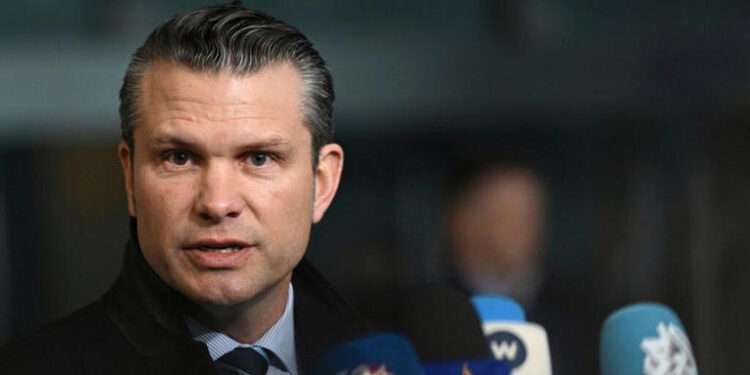The Chief Executive Officer of the Ghana National Chamber of Commerce and Industry (GNCCI), Mark Badu-Aboagye, has raised concerns about Ghana’s diminishing appeal as a business hub in West Africa.
According to Badu-Aboagye, the purchasing power of the average Ghanaian has declined steadily over the years.
This decline has led to reduced spending on goods and services, ultimately affecting businesses that operate on slim profit margins. As a consequence, some businesses have been forced to close or leave the Ghanaian market.
In recent developments, Glovo, a multipurpose online delivery platform, announced in late April that it would cease its operations in Ghana starting from May 10, 2024.
Additionally, media reports in early May indicated that Société Générale (SG) Ghana, a French bank, is considering exiting Ghana’s banking sector.
However, the Managing Director of SG-Ghana, Hakim Ouzzani, said at the bank’s 44th Annual General Meeting in Accra that the media reports did not emanate from the bank, describing them as “rumors.”
However, Mr. Badu-Aboagye, speaking on Thursday, May 9, reiterated that the country’s economic conditions are to blame for the escalating cost of living. He pointed out that as businesses continue to close and employees are laid off regularly, this worsens the unemployment crisis.
According to him, the exit of multinational companies from Ghana is “sending a signal that there’s something fundamentally wrong with the business environment.”
“And if you look at the reasons they cited, these are reasons that are affecting even domestic businesses.”
Mark Badu-Aboagye
Economic Trends and Business Confidence Report

The Bank of Ghana’s 117th Monetary Policy Committee (MPC) meetings highlighted global and domestic macroeconomic developments, including an assessment of the performance of the economy and associated risks.
“Recent readings of Purchasing Managers’ Indices (PMIs) suggest a rebound in the manufacturing sector, reflecting build-up of raw materials inventory, as well as signs of a rebound in business investments in the Euro Area.”
“However, geopolitical uncertainty, particularly in the Middle East, may dampen the growth outlook.”
Bank of Ghana
According to the Central Bank, activity in the Industrial sector was sluggish and acted as a drag on the overall growth, recording a negative growth of 0.4 percent in 2023.
However, the Bank’s latest confidence surveys conducted in March 2024, reflected sustained improvements in business sentiments.
While the Consumer Confidence Index remained broadly unchanged from the January survey, business confidence sentiments improved further as firms indicated meeting their short-term targets and expressed optimism about company and industry prospects.
Also, results from the confidence surveys were broadly aligned with the observed trend in Ghana’s PMI which also signaled an improvement in business conditions. The PMI rose marginally above the 50.0 benchmark to 50.2 in February 2024, and from 48.4 in January.
While the confidence survey signaled an improvement in business conditions, one lingering problem facing businesses is over-taxation.
According to the Ghana Union of Traders’ Association (GUTA), “The utility costs we have to encounter, and all that, it is true that we are being overly taxed against the productivity that we are having.”
To support struggling local businesses amidst Ghana’s economic challenges, the government can help by reducing taxes. This can bolster spending on goods and services, aiding businesses.
Furthermore streamlining regulatory processes and reducing red tape will create a more business-friendly environment, while investing in infrastructure improvements can lower operational costs.
Additionally, providing training programs and business advisory services can enhance entrepreneurship skills and foster innovation. Maintaining consistent economic policies ensures investor confidence and attracts vital investments.
By implementing these measures, the government can create a conducive environment for local businesses to thrive, fostering economic growth and job creation despite challenging conditions.
READ ALSO: Blakk Rasta Speaks Amid Feud With Nana Aba And Efya























